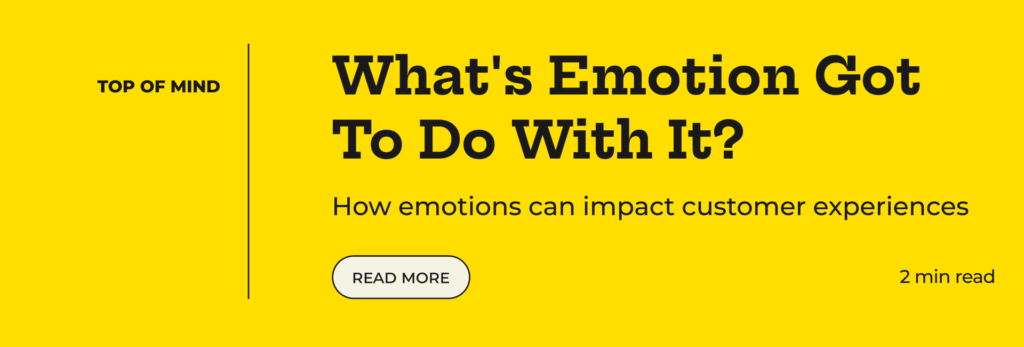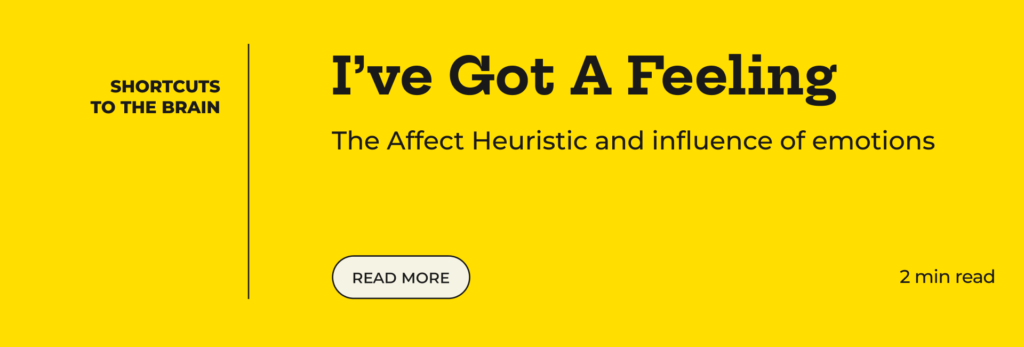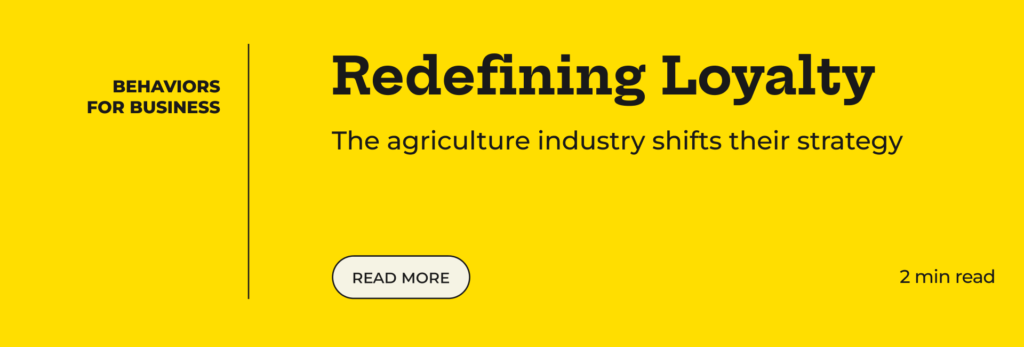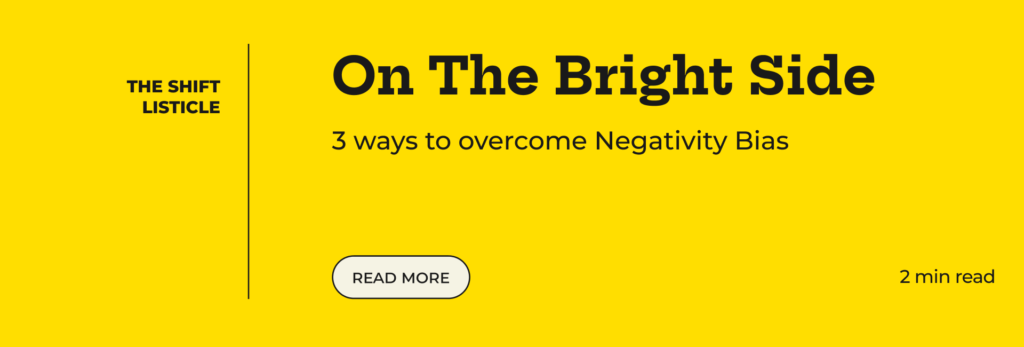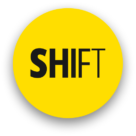What’s Emotion Got To Do With Behaviour?
Edition #02 | April 2022
What’s Emotion Got To Do With It?
Here I was at one of the city’s popular coffee hangouts, enjoying a lively conversation with a dear friend. We were meeting after a longish gap.
Coffee done, the conversation was though in full flow, only to be politely interrupted by the waiter wanting us to fill in the feedback form. We nodded, put it aside and moved on to finish our conversations.
Conversation & coffee done, we paid & prepared to exit only to be prodded again by the waiter for the “feedback”.
“It’s just four short questions” he said & we thought, well, why not.
“How was the coffee?” Good, we thought & marked it as such.
“How was the service?” Nothing to complain there too, so, good we said.
“Can we do anything to make it better?” Good coffee, good service, so nothing really.
“Will you visit us again?” Instinctively we put down an ambivalent maybe.
Even as we were filling in the form something didn’t sit right.
The coffee was one of the better ones in town, the service right – on time, no unpleasant surprises. And yet, we were unsure of visiting again. Why?
Our shared curiosity & deep interest in human behaviours would not let us ignore this small yet prevalent inconsistency. How often we (& most others too) give an ambivalent reply to that question, despite all things being good!
As we pondered the dissonance, we thought about our coffee…
What comes to our mind when we think of coffee?
What comes to mind is how sometimes the elaborate ritual of pouring a cup of coffee calms out a chaotic thinking process, or how sometimes the aroma & a sip of a favourite coffee elevates a creeping sense of melancholy into cheerful curiosity. On yet other occasions, the coffee stimulates focus.
Our affinity to coffee then is not just about the caffeine in the system. Our affinity is about the unique emotions the coffee generates!
So, while the coffee & the service at the coffee house were good, our ambivalent response to “visiting again” was not about the coffee or the service at all! It was because the coffee house did not or perhaps could not drive any emotional connect!
How could it? Their “request for feedback” never tried to understand how they made us feel, what emotions they helped us uniquely experience….
As we pushed this thought we saw many similarities across many other contexts… our banks, airlines, hotels… They all get the job done…But hardly anyone is able to drive that emotional connect.
Sure, there are the personalized celebratory messages & seemingly curated deals. None of these though truly drive any emotion that’s uniquely associated.
All these are based on “feedback” on how good the products & services are. Not on what emotions did those products & services help us experience and how salient those emotions are for us.
Is it any wonder then, that we are so ambivalent….
Let’s talk about emotions and how they affect decisions and experiences. Welcome back to the SHIFT!
What’s Emotion Got To Do With It?
The Affect Heuristic and Influence of Emotions

Flying scares you? Why? Because planes can crash? You’ve read this in the news, seen it all over social media.
Now you get cold feet at the thought of boarding a plane.
But think about it. Is this fear rational or something else? Is it rooted in facts, data or logic?
The odds of a car crash are 1 in 114, while odds of dying in a plane crash are 1 in 9,821. Yes, 1 in 9,821, that’s 87 times lesser than a car crash fatality!
Then why are you afraid?
Here’s the rub: For a species that takes huge pride in being driven by logic, we rely on our emotions rather heavily. We tend to act from emotions primarily and then use logic to rationalize many of our decisions, post-facto.
So, no matter how rational we may think ourselves to be, our emotions have a significant influence over the decisions we make.
Affect heuristic(v): The tendency to rely on our emotions, rather than concrete information when making decisions. Affect heuristic triggers the availability bias and confirmation bias. Strong emotional responses such as fear cause you to cherry pick data to fit your narrative.
The SHIFT: When faced with fear, discomfort or mistrust in a given situation. Stop! Ask yourself, “Is my reaction based on data or facts? Or am I ignoring data to satisfy and confirm a long held belief/fear?”. Your emotions during experiences determine your decisions. You are kinder to a salesperson you like because they are nice to talk to. You may hire someone because their role model is the same as yours.
“While making a decision, pause and reflect to see if your mood is influencing it.”
Start responding rather than reacting to external stimulus. When emotional arousal is high, prioritize data over emotions to make a better-informed decision.
To know more about how emotions affect customer experiences, click here.
Redefining Loyalty
The agriculture industry shifts their strategy

The SHIFT Listicle
On the bright side
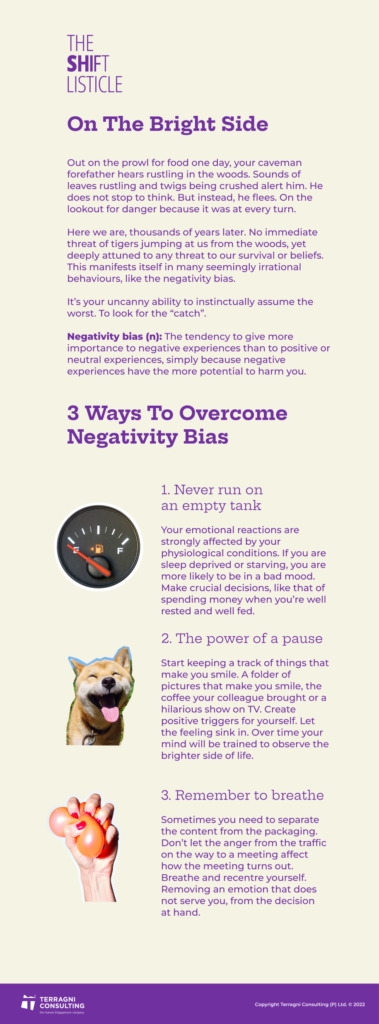
Not Subscribed Yet?


